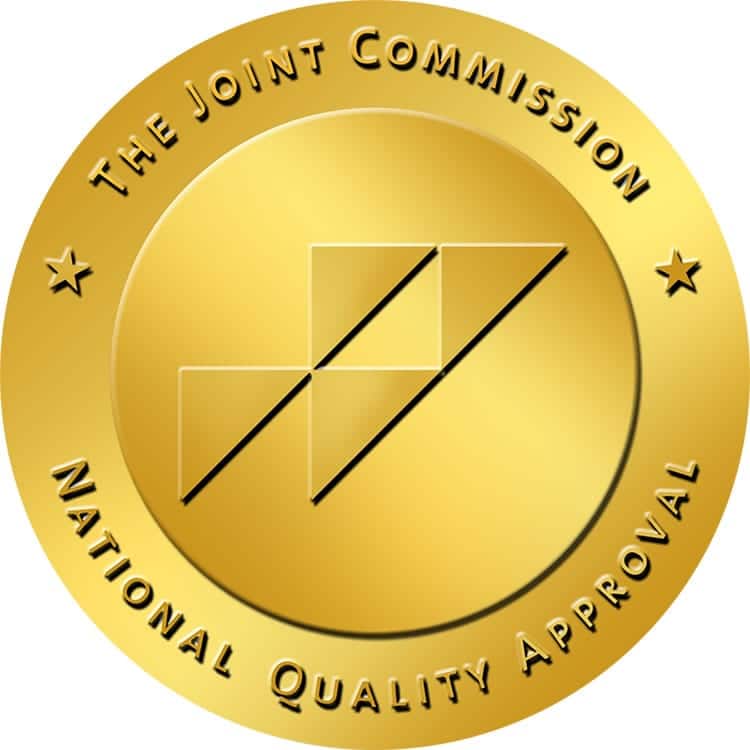
You might scoff at something like alcohol withdrawal while the opioid epidemic continues to wreak havoc on our country, but withdrawal from alcohol is very real and nearly as prevalent. Withdrawal from other drugs like benzodiazepines (benzos) and opioids have certainly taken hold of the public consciousness, and rightfully so, but alcohol withdrawal is just as dangerous, even deadly. Let’s discuss what exactly alcohol withdrawal is, how alcohol affects family members, its symptoms, the withdrawal timeline, tips about avoiding alcohol withdrawal, and why an alcohol detox program is a good idea.
What Is Withdrawal?
Withdrawal will be a difficult part of the recovery process no matter what substance a person has become dependent upon, but alcohol withdrawal is actually more severe than most other drugs. Alcohol is one of the few substances that can cause death, along with opioids. Fortunately, alcohol withdrawal fatalities can be prevented as long as a person tapers off their alcohol use safely.
The Alcohol Withdrawal Timeline
Alcohol withdrawal occurs in three levels and comes with a wide range of alcohol withdrawal symptoms:
Stage 1: Minor Withdrawal
The symptoms of minor withdrawal may start to appear just six to 12 hours after an alcoholic stops drinking. They will include sweating, shaky hands, mild anxiety, nausea, insomnia, panic, twitching, and headaches.
Stage 2: Mid-level Withdrawal
Mid-level withdrawal symptoms will set in around 12 to 48 hours after the last drink. These can manifest as more intense versions of the symptoms listed above, as well as some visual and auditory hallucinations. The person usually will be aware that the hallucinations aren’t real, but they will still be difficult for them to deal with. Other symptoms may include an irregular heartbeat, elevated pulse, and even possible seizures.
Stage 3: Major Withdrawal
Setting in 48 to 72 hours after a person stops drinking, significant withdrawal symptoms will peak in around five days. These can include further hallucinations, during which the person won’t be able to distinguish their hallucination from reality. They may also endure withdrawal seizures, an irregular heart rate or racing heartbeat, profusely sweating, fever, high spikes to their blood pressure, rapid breathing, become easily agitated, intense tremors, or even death.
As you can see, major withdrawal is the one where the real danger lies. Minor and mid-level withdrawal can be dangerous as well if the person already has high blood pressure or a bad heart. And the longer a person has abused alcohol, the more severe their alcohol withdrawal symptoms will be.
What Actually Causes Alcohol Withdrawal?
On the surface, the cause of alcohol withdrawal seems rather obvious: a person who was abusing alcohol stops drinking, and then alcohol withdrawal symptoms set in. But what actually occurs in the body? When a person drinks, the dopamine levels in their brain become elevated, which results in pleasant feelings. Thus, the consumption of alcohol can elevate a person’s mood, low their inhibitions, and increase self-confidence. When the person stops drinking, the alcohol leaves their bloodstream and the dopamine levels and feelings that come along with it will dissipate.
When this behavior is repeated by the constant consumption of alcohol, the repeated altering of dopamine levels in the brain will cause it to expect alcohol to be present, and will discontinue its normal production without the presence of alcohol. This is how a person builds a tolerance to alcohol. The more they drink, the more tolerant to alcohol their body becomes, and the more dependent their brain will be on its interference. When this has reached the level of dependence, the person may suffer withdrawal symptoms as the effects of alcohol wear off, symptoms that can range from mild to quite severe.
How To Avoid Alcohol Withdrawal
Obviously, the easiest way to avoid alcohol withdrawal is to never drink at all, but if you do plan to consume alcohol, is it always best enjoyed, and safest, in moderation. Alcohol withdrawal will occur when your brain has been affected by alcohol over a long period of time. Here are some other things to keep in mind:
1. Have Less Than Two Drinks Per Day
One way to avoid withdrawal is to not exceed two drinks per day if you drink every day. This should limit the level of affect alcohol has on your brain. However, while you can generally consume low amounts of alcohol daily and avoid withdrawal, drinking every day isn’t good for your overall health.
2. Mix In Abstinence Days
If you can avoid drinking every day, you should. Another way to avoid alcohol withdrawal is to mix in abstinence days each week, and it’s best if you can take several days off from drinking at a time. Even if you drink too much on some days, as long as you mix in some detox days in between, you should be able to avoid or minimize any withdrawal symptoms.
If you can manage to have several abstinence days each week it will give your neurotransmitter systems the chance to return back to their normal levels. This is because it takes a few days off each week for the alcohol to get completely out of your system.
3. Don’t Mix Alcohol With Benzos and Opioids
Benzos like Valium and Klonopin and alcohol have similar effects on the GABA neurotransmitter system. If you were to mix the two, it would first increase the chances that a person can overdose on benzos, but also compound the withdrawal symptoms from each, making the process much worse when the person stops using one or both.
Who Is Most Likely To Have Alcohol Withdrawal Symptoms?
Alcohol withdrawal is a largely individual process that will depend on a lot of factors. These include a person’s body composition and genetics, their history with alcohol, length of alcohol abuse, and the amount of alcohol consumed.
Those who drink during the day for over a month, or get drunk every night for a month or more are highly likely to have severe withdrawal symptoms. Individuals with a history of alcohol abuse, or have dealt with alcohol withdrawal symptoms in the past, will be highly likely to re-encounter them, most likely in a more intense form. Those who drink in moderation or just get drunk every once in a while are unlikely to see any alcohol withdrawal symptoms. But those who abuse alcohol for a month or more can expect to experience both physical and mental health issues if they stop drinking.
The Need For Alcohol Withdrawal Treatment
Few people with an alcohol addiction can successfully detox on their own. In fact, going it alone can be dangerous. In certain instances, it could even be life-threatening. Therefore, it’s wise to enter yourself into a alcohol treatment center so you can safely taper off of your alcohol dependence.
At Apex Recovery, we help you identify motivating factors for long-term change, develop necessary skills to maintain recovery and include your loved ones in your recovery. We treat individual patients and their unique needs through a model that we recognize is not a “one size fits all.” Our admissions coordinators are available 24 hours a day to give you the support you need to make positive changes. Call Apex Recovery today at (877) 881-2689.













